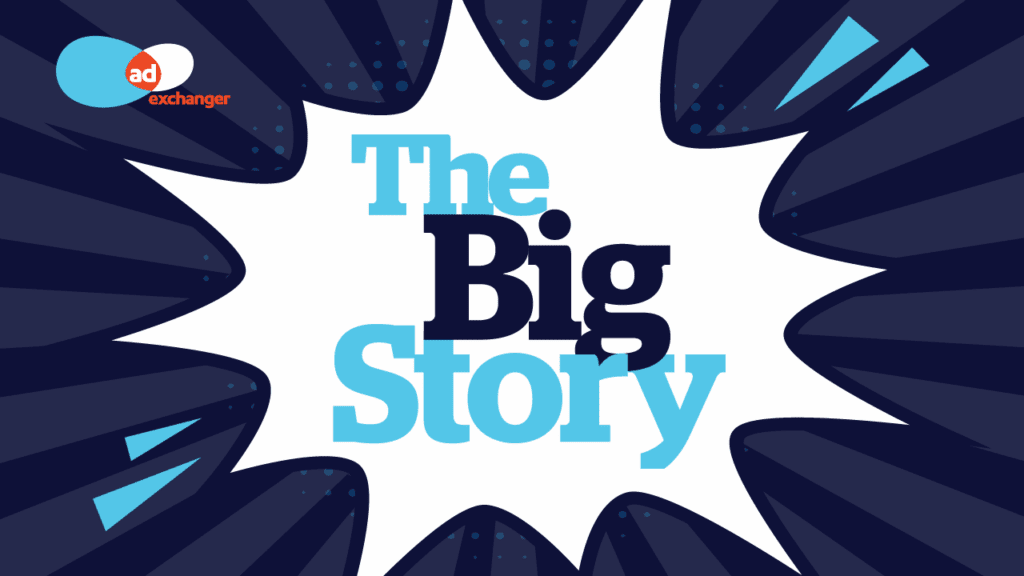Marketers say that the surprising awarding of the 2012 Summer Olympic Games to London will do little to affect their sponsorship plans.
A New York Olympics would have held obvious advantages for NBC, which is paying $1.18 billion for rights to the games. After all, the 1984 Summer Games in Los Angeles produced enormous ratings and financial success even despite the Soviet Union’s boycott. But London holds some key advantages of its own, insists Neal Pilson, a former CBS Sports president who consults for the International Olympic Committee on broadcast rights.
“To tell Madison Avenue, ‘Guess what, we’ve got tickets for you in Brooklyn, Queens, Staten Island, and New Jersey’ rather than ‘London and Paris’ … London and Paris have a sense of excitement for sponsors and advertisers that New York lacked,” Pilson says.
For many sponsors – especially those with global businesses — the locale of the Games is far down the list of factors that will influence their financial success. Whether the Games were to be held in London or Lima, Visa International says it would still have 210 banks and 1,900 merchants supporting its marketing efforts, from participating in turnkey promotions to piggybacking on national ads.
The choice of London as a local “doesn’t affect our marketing strategy dramatically,” says Visa spokesperson Michael Rolnick. “For us it’s not really dependent on where the program takes place. We know they work, and as a financial institution, we have financial sponsors [in the way of merchants and member banks] that we know it derives tremendous benefits for.” The Olympics have been a cornerstone marketing effort for Visa since 1986.
The prospect of a five-hour time difference and the resulting tape delaying of many morning and afternoon events in primetime also fails to faze marketers and consultants.
“Look at Athens, that turned out very well,” says Pilson. “It’s very manageable as distinguished from Asia, which is a 12- or 14-hour difference.’
But the time difference does hold problems for NBC. By 2012, it’s likely that results from the Olympics will reach the public almost instantaneously via cell phone or other wireless devices, so that the tape-delayed showing in primetime might appear anticlimatic and hurt ratings. NBC’s hole card is its phalanx of cable networks – USA, Bravo, Sci-Fi, CNBC, MSNBC, and Telemundo – that can carry events live during mornings and afternoons. And the network points to its performance in Athens in the 2004 Summer Games as evidence that audiences will tune in despite sometimes knowing the result. NBC averaged 24.6 million viewers in Athens and deems the telecasts a success even though its ratings in the18-49 age group fell by 3%. In its financial statement, parent company GE credited the Olympics for NBC’s 24% gain in profits that quarter.



